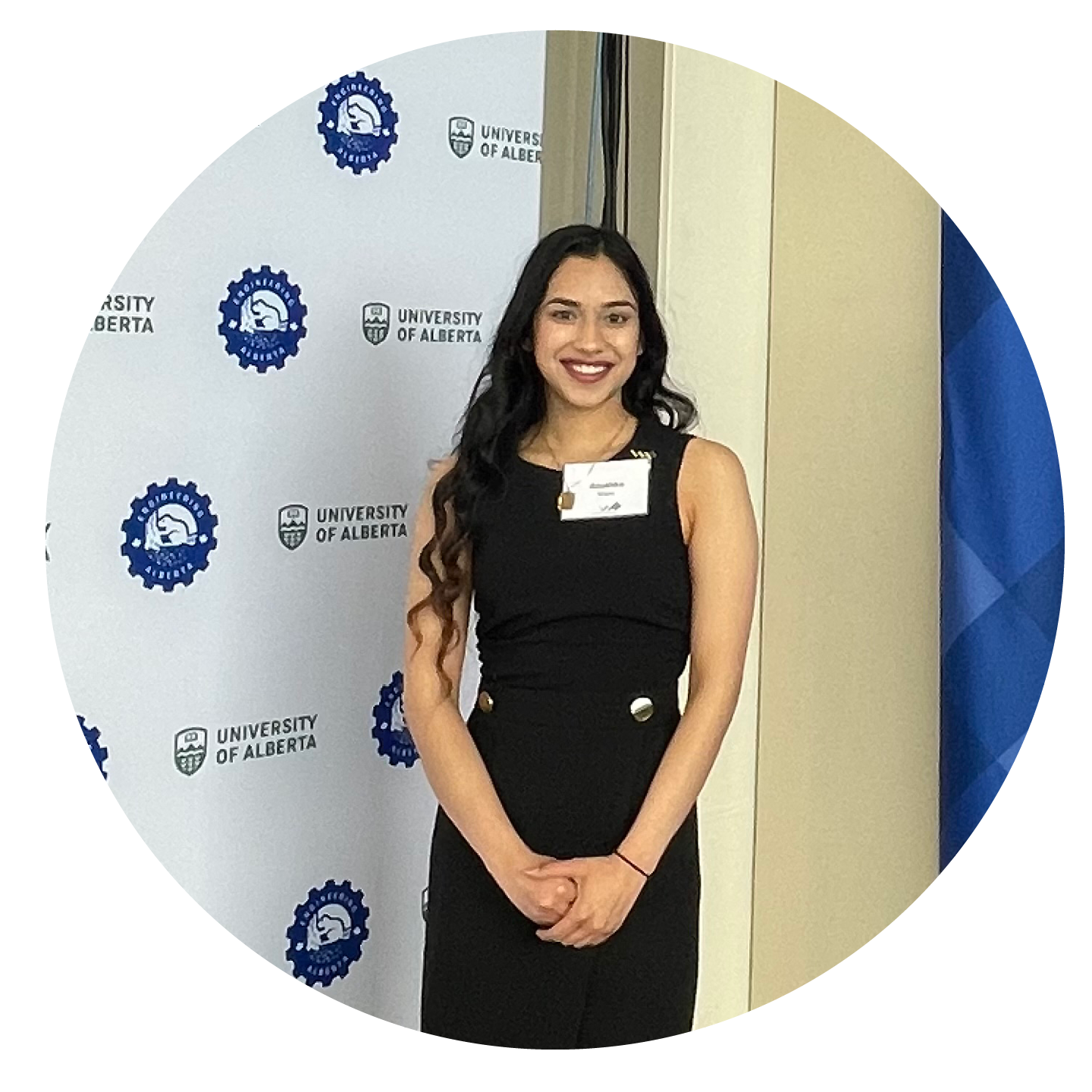Since my first day as an engineering student, one thought at the back of my mind has been how to get career-ready. The more I thought about it, the more I realized there is no perfect roadmap. In fact, all the hurdles become learning experiences, and the people you meet along the way shape your journey.
Through my co-op experience, I have found that honing in on the following points has helped me get more career-ready.
Realizing the power of networking
Networking has been an important aspect of my journey from a first-year engineering student until now. Very early on in my career, my mentor encouraged me to talk to people in the company.
It began with a coffee chat that my mentor set up with the director of cybersecurity. This was the first time I was networking on my own, an 18-year-old student just trying not to ask any "dumb" questions to a high-ranking executive at the company.
I view networking as an opportunity to hear people's stories. It's a great opportunity to learn about their journeys, hurdles, strengths and sources of inspiration. But why should you care about all this? Because engineering is really the coming together of multiple disciplines to solve the most interesting problems. Other people's subject matter expertise can highlight potential opportunities that you didn't even know existed.
Networking is an opportunity to share how passionate I am about a specific field and what specifically motivates me. It can allow people to see how I am growing and applying my skills in different domains.
Over time, my confidence has grown tenfold, and I have come to understand and value the power of networking. Learning directly from experienced professionals in cybersecurity has helped me develop insights into the career that I will build with my current skills. And it has helped me understand how experienced individuals are able to stay ahead of the curve.
Channeling your passions
Taking the time to work on side projects and competitions helps employers and managers understand that you are excited about the field and eager to learn. A sense of inquisitiveness goes very far, especially for us undergrad students who are just beginning their careers. My degree in computer engineering and internship experiences in cybersecurity, cloud security at Blackberry and Edge Security at Microsoft have helped me develop the tools to learn more about software development and cybersecurity.
A sense of inquisitiveness in cybersecurity outside of class and work has helped me not only learn more but also improve my problem-solving skills. Engaging in my side projects has allowed me to better understand the material taught in courses and things I'm working on. Additionally, I have found it has led to thought-provoking discussions and was a way for my employers and professors to know that I was serious about the field. This sense of inquisitiveness and curiosity shines through when networking with industry professionals.
Exploring new domains
As engineering students, we usually find ourselves working in many niche areas and fields. Our degrees have given us the tools that we can use in any specific area of focus for our employers. A big part of computer engineering is being able to understand the field that the company is focusing on and how they are using technology. This is especially true for those working in startups that focus on catering to a specific niche problem. Having an understanding of the area is crucial to be able to contribute to the technology they need and understand the business requirements for new features.
There are a few different opportunities to gain this knowledge, including interacting with different companies during career fairs, company-run workshops and conferences. Attending conferences like the EnerTech Forum has given me an incredible opportunity to learn more about Electric Vehicles and the direction in which sustainable grid power production is headed. Sessions like the strategic session have helped me understand the problems that the EV ecosystem is facing, whether it's range anxiety or digitization. And panel discussions and presentations today helped me understand the creative solutions and innovation everyone at the conference was engaged in. Being at the conference made me think about how EVs and computer engineering intersect.
While not exhaustive, these are some of the things I focus on to help me get career-ready over the long term. Focusing on building valuable professional connections and honing in on my inquisitiveness and communication skills has been key in shaping my career. What better way to learn more about a field than by consulting the experts?
Final thoughts
The best way to get career-ready is by collaborating with your peers and senior professionals. We can't achieve anything alone; networking with new people and sharing ideas is the best way to cultivate innovation. By leveraging opportunities like conferences, career fairs and hackathons, I have focused on building a network with cybersecurity professionals. Through my journey, I have realized that there is no better way to learn than from wisdom imparted by experienced professionals and by exploring new domains. Innovation means creating new solutions, but it is impossible without guidance from experienced professionals.

